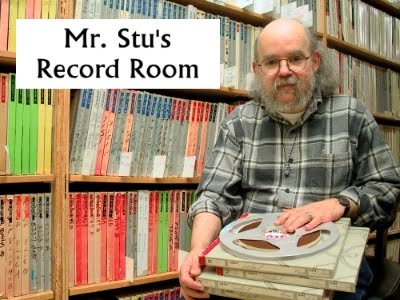
It’s dizzying to contemplate the fabric of cross-cultural threads on Django-shift, with the music of Django Reinhardt adapted by guitarist Rez Abbasi and his trio. Start with everything that Django himself heard, from his native Roma music to European classical music and American jazz and show music. Then account for the explosion of music and guitar styles over the intervening decades, advances in electronic sound production, and the paths and talents of the musicians, and your head will start to spin. The music of Django Reinhardt has been a sensation since he and violinist Stéphane Grappelli first formed the Quintette du Hot Club de France in 1934. There have been plenty of tributes and collections of Reinhardt’s songs, as well as festivals devoted to his music, all generally adhering more or less closely to the original contours of the arrangements. At a suggestion from California’s Peter Williams, who inquired about an Abbasi project for his next Django Festival, the guitarist took him up on his offer. Now Abbasi and his co-conspirators are here to blow the cobwebs off of the music and bring it all to modern, clamorous life. Abbasi sticks to an acoustic instrument throughout the date. Joining him is Neil Alexander on organ, synthesizers, and live electronic manipulations. On drums is Michael Sarin, whose playing I’ve enjoyed in ensembles led by Dave Douglas, Myra Melford, and Erik Friedlander, among others. His work here is stellar, from his brushwork on their lovely version of Django’s Castle to the boldly eccentric drum solo that brings the trio’s uptempo romp through Hungaria to an end. The overall theme here is reinvention, with Abbasi largely keeping Django’s melodies intact while, in his words, “recontextualizing” them with fresh “harmonic content, rhythmical cadences, meter changes, textural development” and a healthy amount of improvisation. Abbasi and company’s deep dive into Django’s music results in a successful effort that combines deep respect for the source material with a host of unexpected twists and turns. In addition to Django’s original compositions, the trio also takes on two songs from his repertoire. Anniversary Song, based on a popular Romanian waltz composed by Ion Ivanovici in 1880, has been performed by artists as varied as Al Jolson, Pat Boone, and a quintet co-led by Art Pepper and Lee Konitz (!). This smoothly grooving version gives the lead at first to Alexander’s pinched organ sound, with vigorous accompaniment by Sarin’s drums and Abbasi’s determined strumming. The middle section has a seriously smoking guitar solo, as the tune revs up to a big finish. Kurt Weill’s September Song concludes the program in a imaginative recasting that has Abbasi sneaking up to the well-known melody over Alexander’s swirling organ lines. I love Django’s music, and I’m happily surprised at what Abbasi and friends have done with it. Definitely recommended, especially to Django fans.
Whirlwind Recordings WR4762; Rez Abbasi (fretted & fretless acoustic g) Neil Alexander (org, elec, synths) Michael Sarin (d); Astoria, NY, February 6-7, 2019; Diminishing/ Swing 42/ Heavy Artillery/ Django’s Castle/ Anniversary Song/ Cavalerie/ Douce Ambiance/ Hungaria/ September Song; 48:32. www.whirlwindrecordings.com








